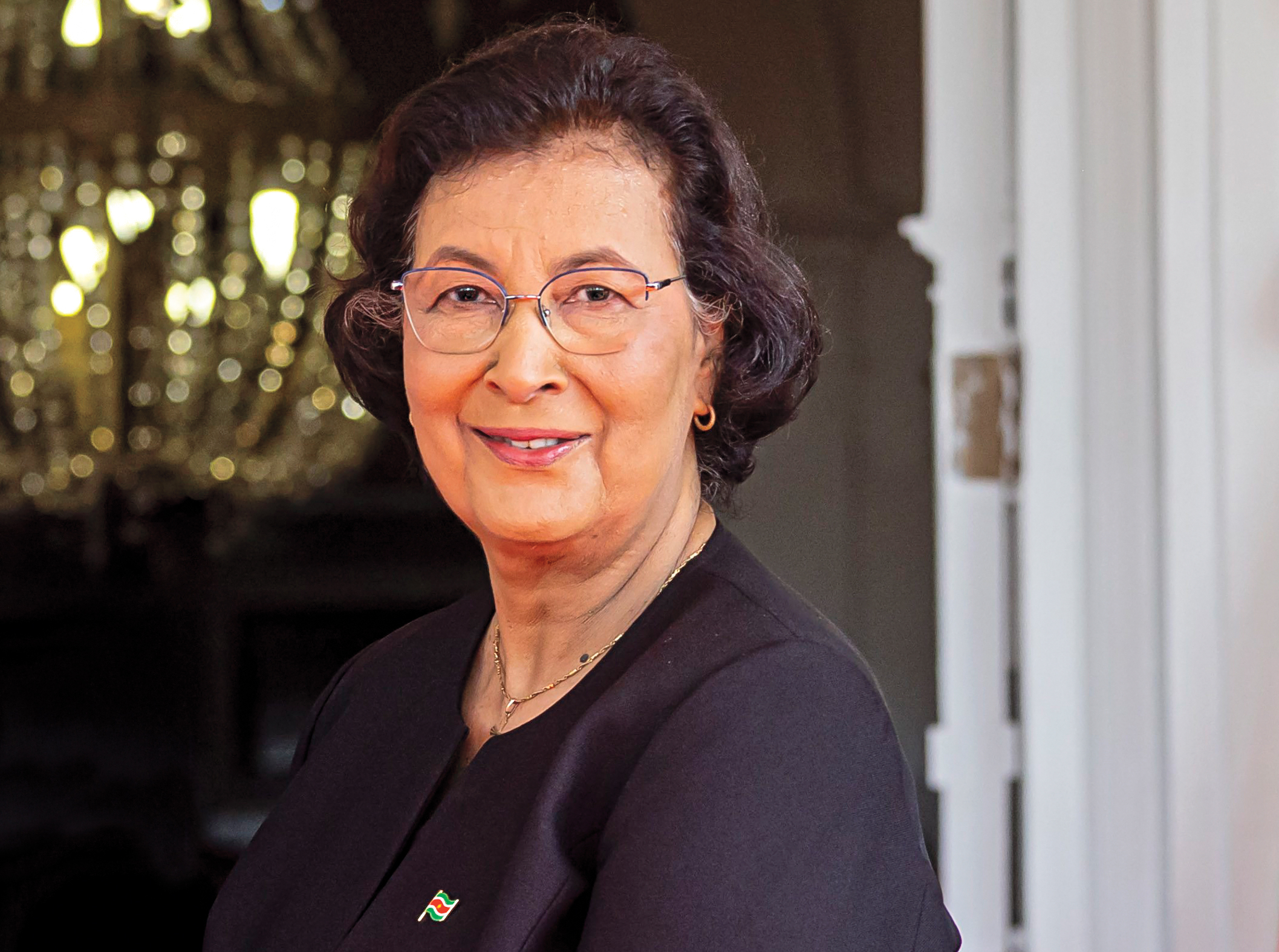Brazil's China Syndrome
Brazil's China Syndrome
"China has taken over as Brazil’s largest trading partner, but how good is that for Brazil?" writes COA's Vice President Eric Farnsworth for Poder360.
Brazilian President Dilma Rousseff’s visit to Beijing this month will be a watershed event. The heady early days of Brazilian economic infatuation with China is waning, when Brazil, taken by its status as a BRIC and self-consciously viewing China as a partner despite a limited record of mutual engagement, saw the opportunity to triangulate with the United States. Both in trade and strategic terms, the Brazilian narrative was that the U.S. role remained too pronounced, and having a third country as balance would be beneficial to Brazil.
As the relationship has matured—China has now supplanted the U.S. as Brazil’s largest trade partner—Brazil finds itself primarily a supplier of commodities to China. Brazil has ridden that wave to short-term economic growth, and the agriculture and commodities sectors are booming. Nonetheless, questions are increasingly being asked in Brasilia and Sao Paulo concerning the nature of the relationship. China is capturing the majority of value-added production from Brazilian commodities while becoming a competitor on manufactured products. According to a recent study, Brazil’s level of industrialization is actually decreasing in the face of competition from Chinese imports, and is now at the lowest level recorded.
Some in the Brazilian business community suggest that Brazil gave in too early to China’s charms, impetuously spurning the well-meaning if at times overbearing embrace of the U.S. The question now is whether the relationship that has developed since Chinese leader Hu Jintao traveled to Brazil in 2004 and Brazil declared China to be a “market economy” can be rebalanced into a longer-term marriage for mutual benefit. Before stepping onto the plane to Beijing, Rousseff will need to have a firm understanding of the principles she would like to see frame the next phase of the relationship. Her March 2011 visit with President Barack Obama improved a Brazil-U.S. relationship that had soured in the last months of the Lula administration. With that as a backdrop, she can afford to be more even-handed in the evolving ties with Beijing.
What principles should she consider? First, she might acknowledge that, though BRIC (Brazil, Russia, India and China) is a clever acronym, it is little else. It cannot be the basis of an effective foreign policy unless that basis is a unifying rejection of the U.S. and Europe. China is the world’s largest communist nation, Brazil is a democracy. China is autocratic, Brazil is not. China’s private sector enjoys little autonomy, Brazil’s is far more independent.
China is focused on maintaining high rates of economic growth as a means to retain political legitimacy for the ruling party leadership, and high growth demands significant resources from Brazil and elsewhere. China actively keeps its currency undervalued as a means to make its exports more attractive, thus disadvantaging Brazil’s productive capacity. Second, the current relationship is asymmetrical in China’s favor. This will need to change. China’s market is wide open to Brazilian commodities but virtually closed to manufactured products. For example, China buys huge amounts of unprocessed soy from Brazil, but will not buy processed soy, thus denying Brazil the chance to capture the financial upside.
Commodity exports have driven Brazil’s economic growth for the past decade. Still, they have done little to develop Brazil’s longer-term productivity and competitiveness. At the same time, Brazil remains open to Chinese imports and purchases little in the way of commodities. At a minimum, China should be urged to begin purchases of Brazil’s value-added products. Third, Brazil can begin to insist on greater technology transfer from China much in the way it insists on technology transfer from the U.S. or Europe. Ironically, in the past decade technology has actually been going the other way, from Brazil to China, in areas such as aircraft manufacturing and agriculture. If Brazil is going to take full advantage of the relationship with China, technology transfer must be a two way street.
Finally, Brazil can begin to insist that Chinese investments take into account social and political impacts both in Brazil and in third countries where Brazilian companies compete. Concern for labor rights, the environment, job creation, anti-corruption, and other priorities must not be reserved for Western investors, but must also be expected of the Chinese. To date, this has only sporadically occurred.
President Rousseff is off to a fast start. In just a few short months, she is working to re-set relations with Iran and the Middle East, the U.S. and with several powerful domestic constituencies. With her trip to Beijing, it’s also time to re-set relations with China.








